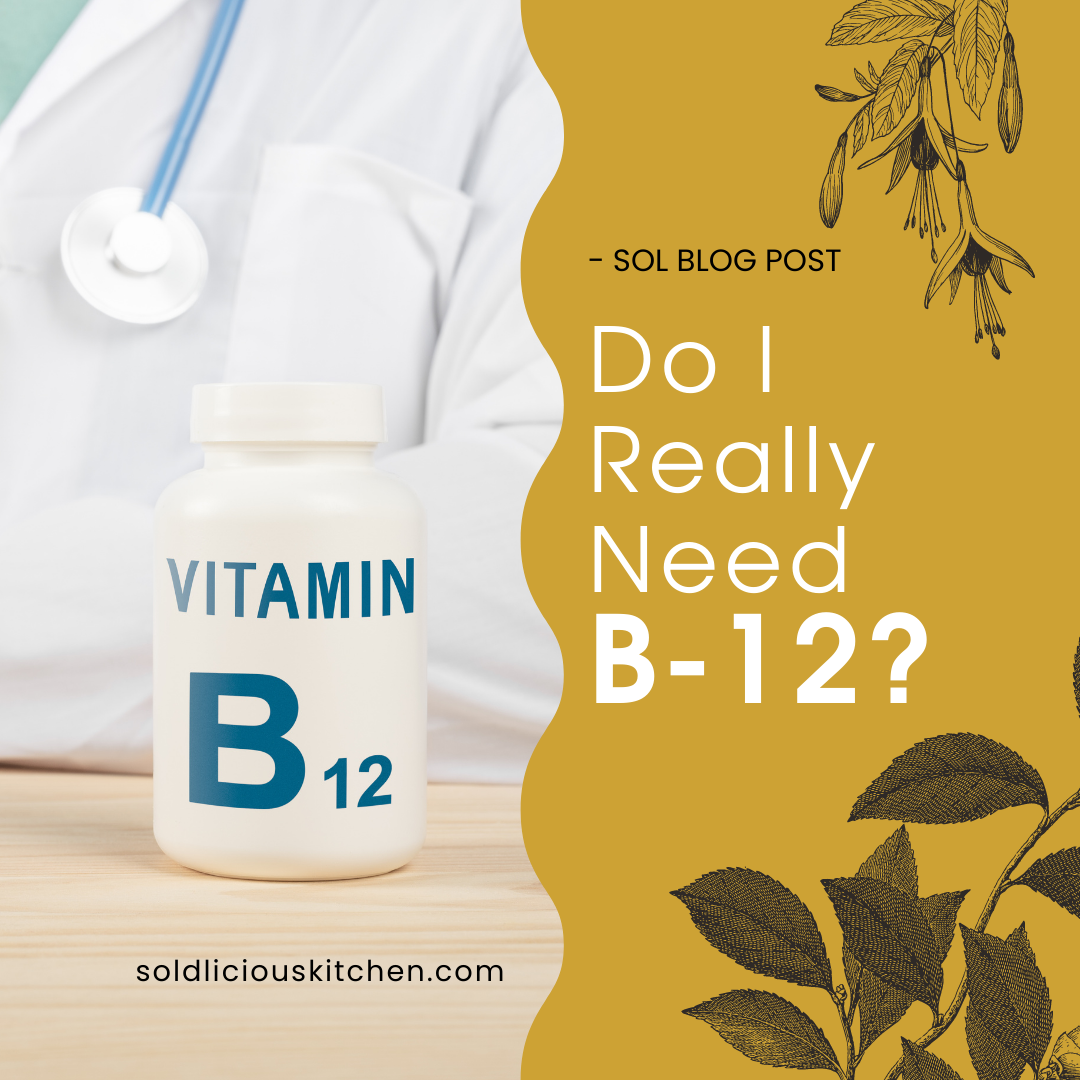
The B-12 vitamin is one of the b vitamins that are essential to maintain a healthy body. Otherwise known as Cobalamin, the B-12 vitamin is needed for the processes to convert the carbohydrates, fats and proteins from food into energy. B-12 also, more importantly, helps keep the red blood cells healthy and therefore prevent heart disease as well as keeping the immune system functioning at its maximum level. In addition, B-12 is used to create the protective covering of all nerve cells in the body.
The most important function of B-12 is to form healthy red blood cells. However, all cells need B-12 to keep them healthy. It is the white blood cells, amongst others, that need B-12 to help ensure that the immune system functioning properly. All of the nerve cells in the body also need B-12 to form their protective fatty layer. This is essential for all of the nerves but is especially so for those in the brain. If there is not sufficient B-12 to create this protective layer then the brain will not be functioning properly. Vitamin B12 deficiency has been associated with memory loss, especially in older adults. The vitamin may play a role in preventing brain atrophy, which is the loss of neurons in the brain and often associated with memory loss or dementia.
Interestingly, the amount of B12 that the body needs is relatively small but is needed on a regular basis. However, B-12 on its own is not enough as the body cannot absorb it easily. To help the body absorb B-12 the stomach produces intrinsic factor which enables more of the B-12 to be absorbed. B-12 is only found in animal foods such as liver, eggs, fish and meat but most people consume far more than their recommended daily amount of B-12. This is not a problem as the body can only absorb about half of the B-12 that is consumed. It is also worth noting that the body can recycle the B-12 which cuts down on the impact of a B-12 deficiency. However, strict vegetarians or vegans are likely to require B-12 supplements if they do not eat any animal products that contain B-12.
If the body does not have enough B-12 then anemia is the most obvious symptom. Obviously, this is due to the fact that there is not enough B-12 to make healthy red blood cells. Anemia can also be caused by the body not creating enough intrinsic factor to help absorb the B-12 that is available in the food consumed. The body tends to makes less intrinsic factor once a person reaches 50 and this will lead to less B-12 being absorbed and supplements of B-12 may be required. Kids are also at risk from anemia because they may not eat the food that contains B-12. Pregnant women need more B-12 because the baby is absorbing B-12 during pregnancy to grow properly.
Who’s at risk of a Vitamin B12 deficiency? Those whose diet lacks adequate amounts of it or those whose body is unable to fully absorb it from the food you eat.
- Older adults
- People with gastrointestinal disorders, such as Crohn’s disease or celiac disease
- Those who have had gastrointestinal surgeries, such as bariatric surgery or bowel resection surgery
- People on a strict vegan diet
- Those who take metformin for blood sugar control
- Those taking proton pump inhibitors for chronic heartburn
For more information or to purchase B-12, click here.
Sol D’Licious Kitchen

qaOozyDjKhT
crPfNIDxvmJSALX
iUzdlMpebsgQwG
RtNqMgsAGVKIX
qoFOtMDhGeKaYdR